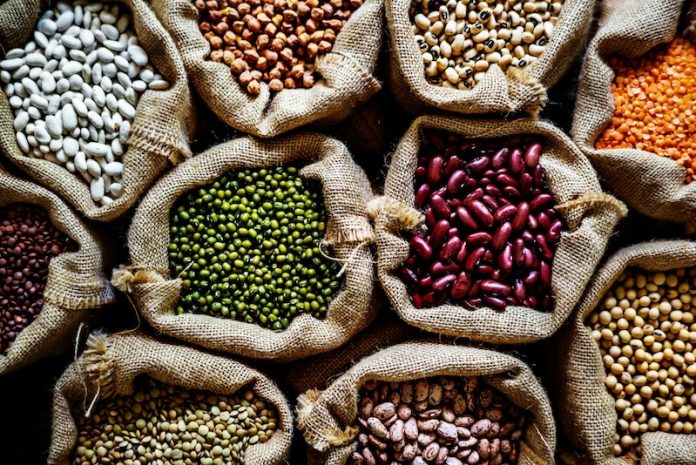
High cholesterol is a common health concern that can increase your risk of heart disease.
While medications like statins are often prescribed to manage cholesterol levels, natural options can also make a big difference.
One of the most effective natural methods is using plant sterols, which are compounds found in small amounts in fruits, vegetables, nuts, and seeds. These powerful nutrients have been proven to help lower cholesterol and promote heart health.
Plant sterols are similar in structure to cholesterol, but they work in the body in a unique way. When you eat foods rich in plant sterols, they compete with cholesterol for absorption in your digestive system.
This means less cholesterol is absorbed into your bloodstream, and more is eliminated from your body. Over time, this can lead to significant reductions in LDL cholesterol, often referred to as “bad cholesterol,” which is the main culprit behind clogged arteries.
The science behind plant sterols is well-supported. Numerous studies have shown that consuming 1.5 to 2.4 grams of plant sterols daily can reduce LDL cholesterol levels by 7-10% in as little as three weeks.
For example, a study published in the European Journal of Clinical Nutrition found that participants who consumed foods fortified with plant sterols saw a consistent drop in their LDL cholesterol compared to those who did not.
This effect is even stronger when plant sterols are combined with a heart-healthy diet and lifestyle.
Foods fortified with plant sterols are widely available and include items like margarine spreads, orange juice, and yogurt. These products are specifically designed to help people reach the recommended daily intake of plant sterols since it can be challenging to get enough from natural sources alone.
For instance, while nuts and seeds contain plant sterols, you’d need to eat several cups daily to match the amount found in a fortified product. By incorporating these fortified foods into your meals, you can make it easier to manage cholesterol levels.
It’s important to note that plant sterols primarily lower LDL cholesterol and have little effect on HDL cholesterol, often called “good cholesterol.”
However, by reducing LDL levels, plant sterols can significantly reduce your overall risk of heart disease. This makes them a valuable addition to any cholesterol-lowering plan, especially for people who prefer natural approaches or want to complement their medication.
Another benefit of plant sterols is that they’re safe and well-tolerated for most people. Unlike some medications that can cause side effects, plant sterols are considered a gentle option with few risks.
However, they may not be suitable for everyone, such as people with rare conditions like sitosterolemia, where the body absorbs plant sterols excessively.
If you’re considering adding plant sterols to your diet, it’s always a good idea to talk to your doctor first to ensure they’re right for you.
Incorporating plant sterols into your daily routine doesn’t require major changes. You can spread fortified margarine on your toast, drink a glass of sterol-fortified orange juice with breakfast, or enjoy yogurt with added sterols as a snack.
When combined with other healthy habits, like eating more fiber-rich foods, exercising regularly, and reducing saturated fat intake, plant sterols can play a key role in improving your heart health.
Managing cholesterol naturally is possible, and plant sterols are a proven tool to help. By making small, consistent changes to your diet and including foods fortified with plant sterols, you can lower your LDL cholesterol and support a healthier heart.
With a little effort and the right choices, you can take control of your cholesterol and protect your health for the long term.
If you care about heart health, please read studies that vitamin K helps cut heart disease risk by a third, and a year of exercise reversed worrisome heart failure.
For more information about heart health, please see recent studies about supplements that could help prevent heart disease, stroke, and results showing this food ingredient may strongly increase heart disease death risk.
Copyright © 2024 Knowridge Science Report. All rights reserved.








Leave a Comment